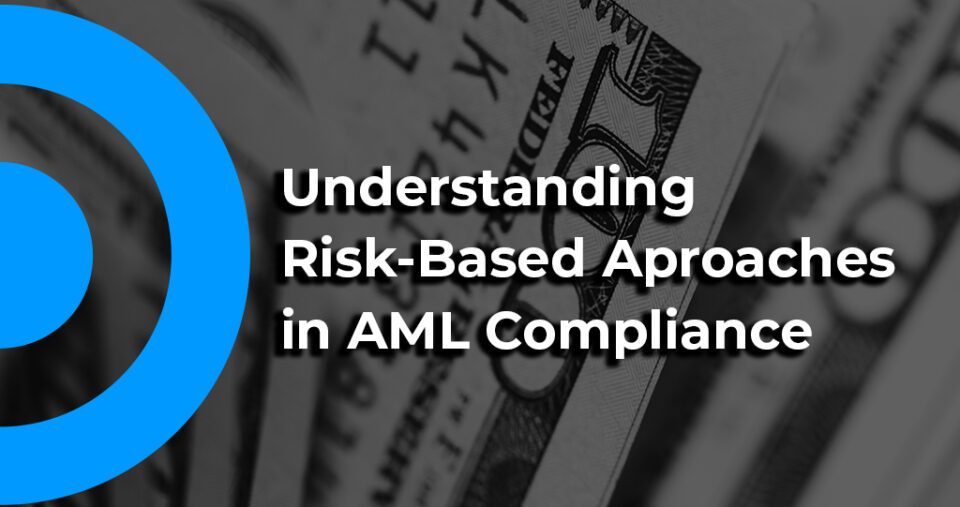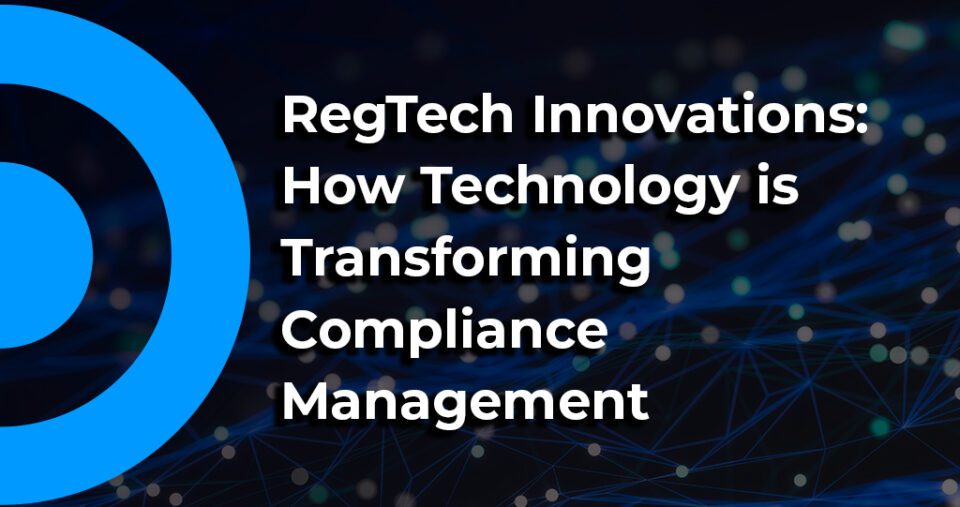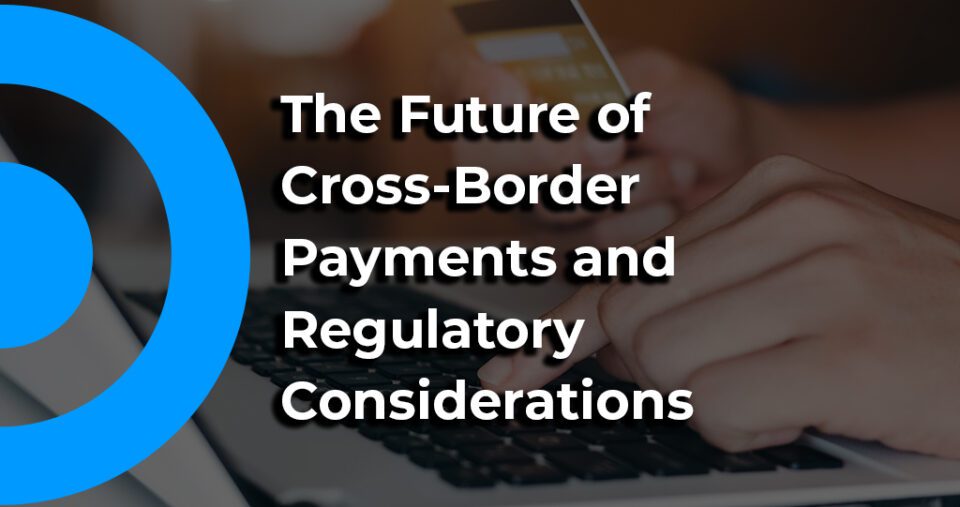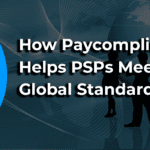
How Paycompliance Helps PSPs Meet Global Standards
December 11, 2024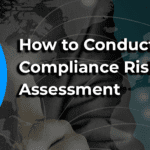
How to Conduct a Compliance Risk Assessment
December 16, 2024Establishing a robust compliance culture within your team is essential for ensuring adherence to legal standards, fostering ethical behavior, and maintaining your organization’s reputation. A strong compliance culture not only mitigates risks but also promotes a positive work environment and builds trust with stakeholders. This article outlines key strategies to cultivate such a culture effectively.
1. Leadership Commitment and Communication
A successful compliance culture begins with committed leadership. Leaders should demonstrate their dedication to principled behavior and compliance by following through on outlined procedures. Regular communication from leadership about the importance of compliance sets the tone for the entire organization. Actively engaging and emphasizing compliance underscores its significance and encourages employees to prioritize it in their daily activities.
2. Develop and Communicate Clear Policies and Procedures
Establishing straightforward and concise policies is fundamental. These should be easily accessible and communicated consistently across the organization. Regular discussions about expectations help reinforce the importance of compliance and ensure that all team members understand their roles and responsibilities.
3. Comprehensive Training and Education
Implementing engaging and interactive training programs tailored to different roles within the organization is crucial. Continuous education ensures that employees stay up-to-date with current and evolving compliance requirements. Such training fosters a deeper understanding of compliance issues and equips employees to handle potential challenges effectively.
4. Foster an Environment of Open Communication
Encouraging open dialogue about compliance issues is vital. Establishing clear channels for reporting concerns, such as anonymous reporting mechanisms or confidential hotlines, allows employees to voice issues without fear of retaliation. This openness not only helps in identifying and addressing problems promptly but also reinforces the organization’s commitment to ethical practices.
Read more: PayCompliance: Your Strategic Partner for Regulatory Compliance in the UAE.
5. Lead by Example
Leadership must embody the adherence to legal standards they expect from their teams. By consistently modeling compliant behavior, leaders inspire their teams to follow suit. When the leadership actively engages with the compliance function, it reinforces the importance of data protection and risk management across the organization.
6. Align Business Strategy with Compliance Objectives
Ensuring that the organization’s business strategy and objectives are aligned with compliance goals is essential. Involving compliance representatives in strategic decision-making processes helps develop solutions that meet business needs while adhering to regulatory requirements. This alignment prevents conflicts between business objectives and cadherence to legal standards, promoting a cohesive approach to achieving organizational goals.
7. Monitor and Assess the Work Environment
Regularly evaluating the work environment for potential compliance pitfalls is necessary. Identifying and addressing factors that may encourage non-compliant behavior, such as unrealistic performance targets or inadequate resources, helps in maintaining a culture of integrity. Collaborating with business leaders to audit the work environment and develop solutions reduces the chances of ethical lapses and compliance gaps.
8. Recognize and Reward Ethical Behavior
Acknowledging and rewarding employees who demonstrate a commitment to compliance reinforces the desired behavior. Incorporating compliance metrics into performance evaluations and recognizing individuals who uphold ethical standards promotes a culture where compliance is valued and practiced consistently.
Conclusion
Building a compliance culture requires commitment and collaboration across all levels of the organization. By implementing these strategies, businesses can foster an environment where compliance becomes an integral part of daily operations, driving sustainable success and enhancing their reputation within the industry.
At Paycompliance, we specialize in helping organizations embed compliance into their culture with tailored strategies and expert guidance. Contact us today to learn how we can support your efforts in creating a compliance-first culture and achieving long-term success.

